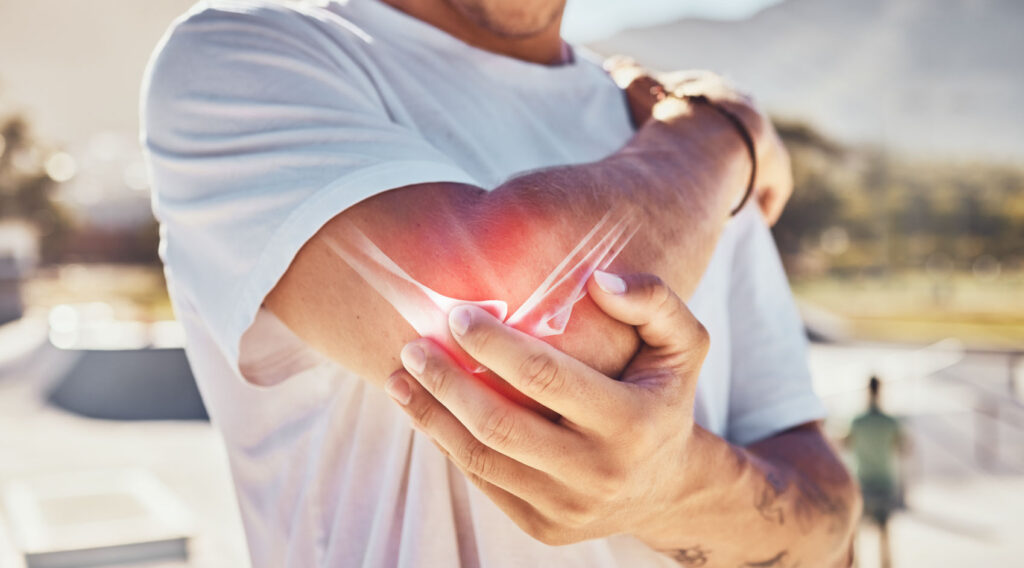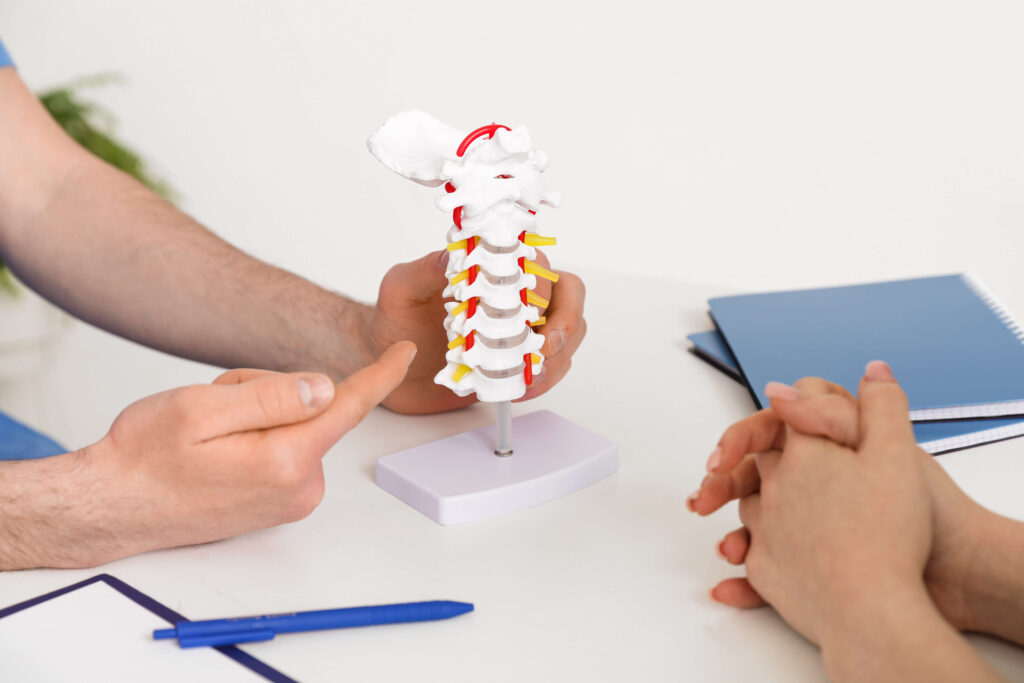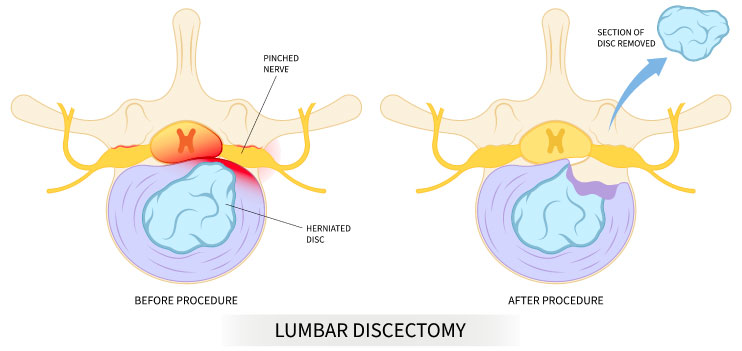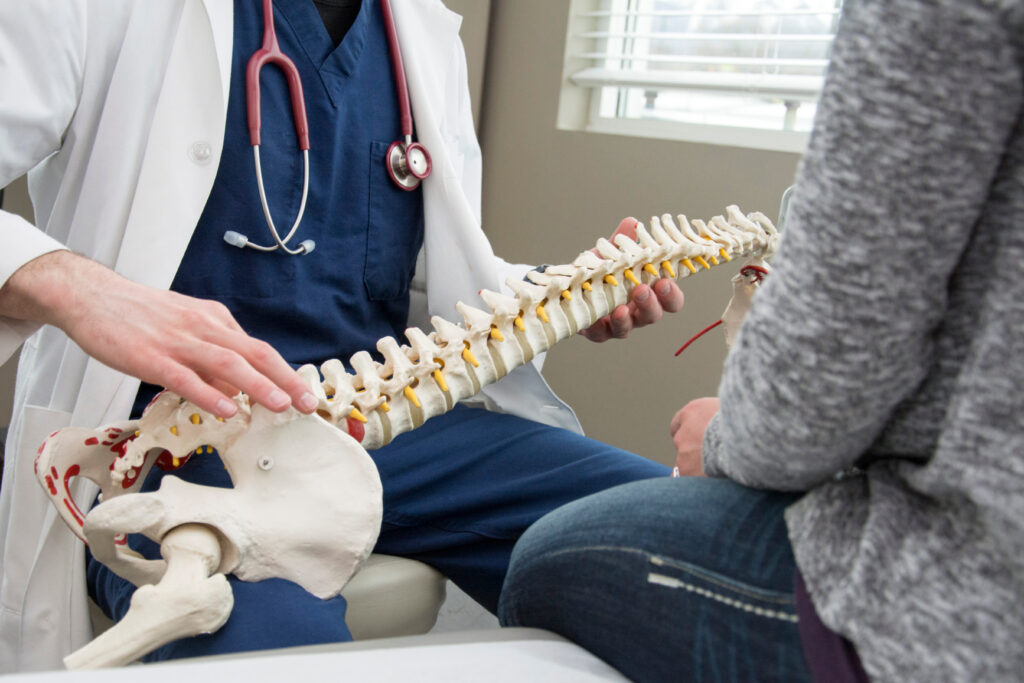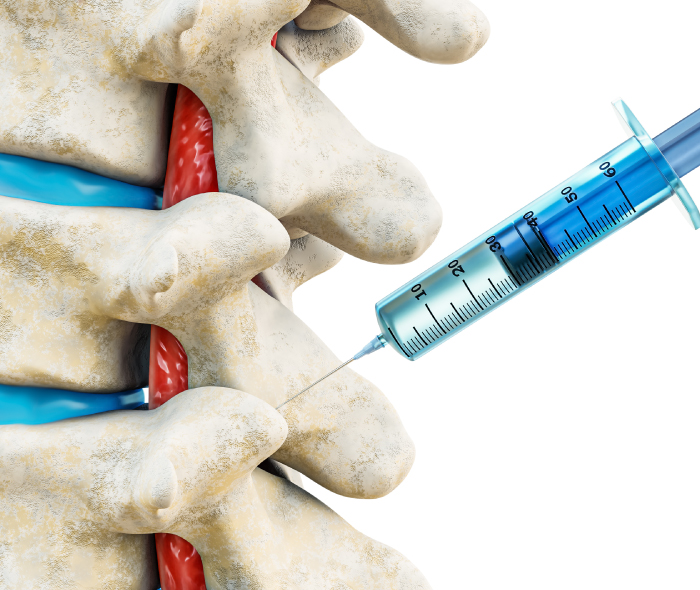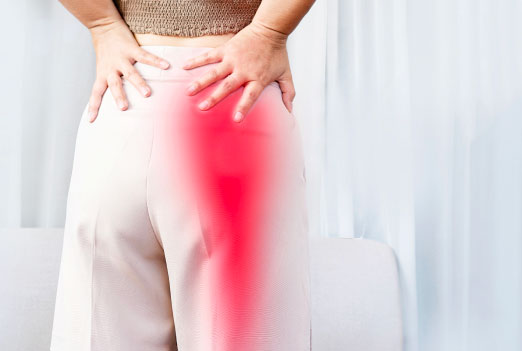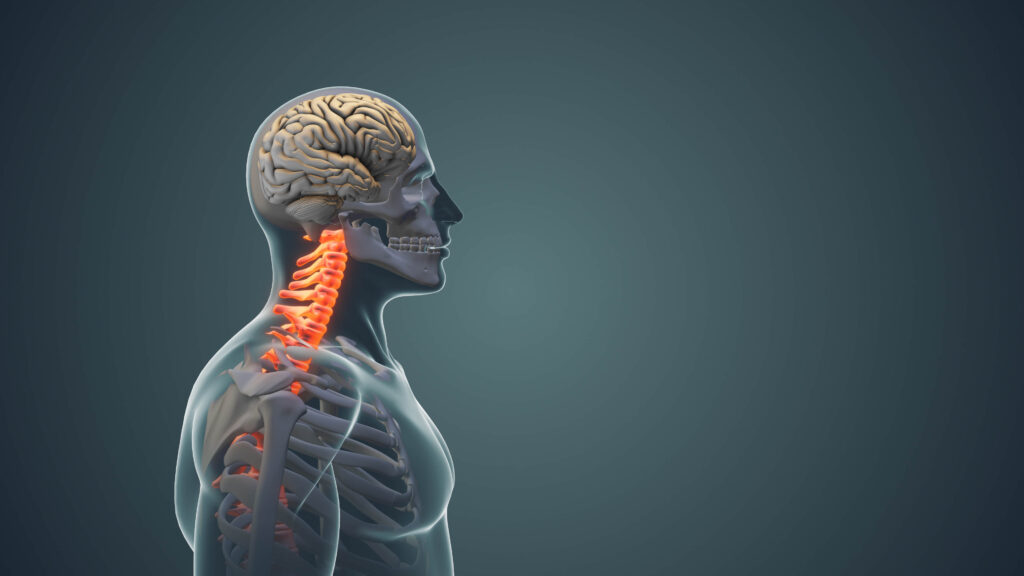
Limited Range of Motion: What’s Going On?
What Surgery is Recommended for…
Discectomy Surgery Guide
Myths About Spine Surgeons
Myths Regarding Spine Surgeons Myth: If You Visit a Spine Surgeon, You’ll End Up Having Spine Surgery Fact: There is so much context missing in this statement. The fact is, spine surgeons, especially the neurosurgery team at NSC, is uniquely qualified to accurately diagnose and treat the source of spine pain. Patients work with our neurosurgery […]
Second Opinion for Spine Surgery: How We Can Help
Second Opinion for Spine Surgery: How We Can Help A second opinion for spine surgery can be the difference between desirable outcomes and undesirable outcomes. In this post, we’ll be discussing the various benefits of choosing to request a second opinion for spine surgery and why everyone should feel comfortable doing so. Benefits of a […]
Pros & Cons of Steroid Injections for Back Pain
Pros & Cons of Steroid Injections for Back Pain Steroid injections for back pain can be a great way to manage your condition while we figure out what the root cause of the issue happens to be. In this post, we’ll be going over the various positives and negatives of steroid injections for back pain […]
What Can I Do for Sciatica Pain?
What Can I Do for Sciatica Pain? “What can I do for my sciatica pain?”. You may be asking yourself this question each and every day your sciatica flares up. In this post, we’ll be discussing the various ways we can help treat your sciatica condition, and also help you best manage your sciatica via […]
